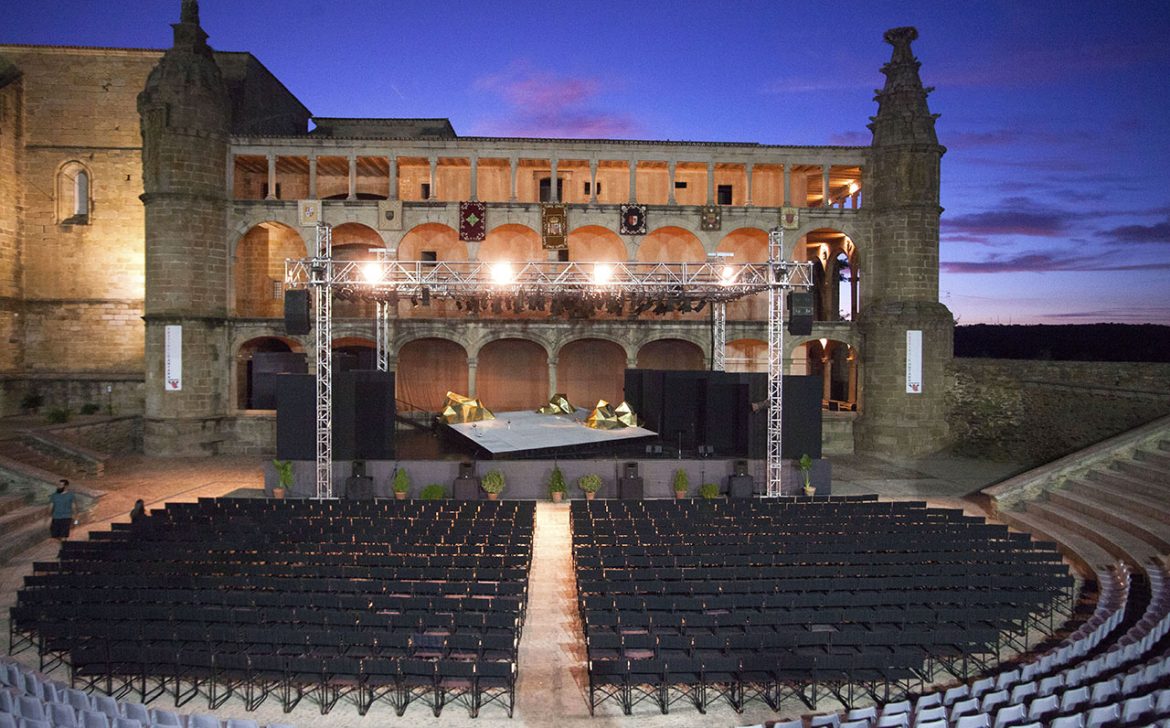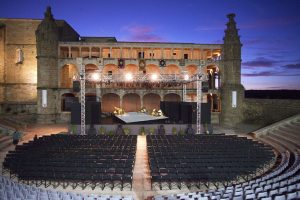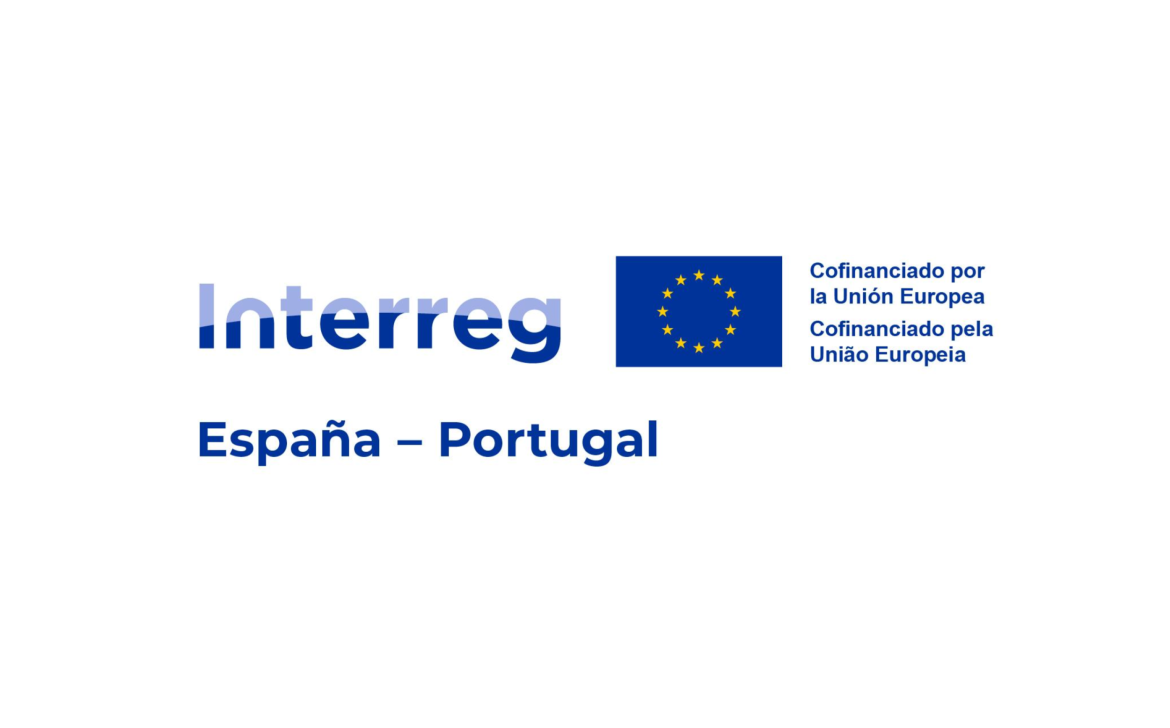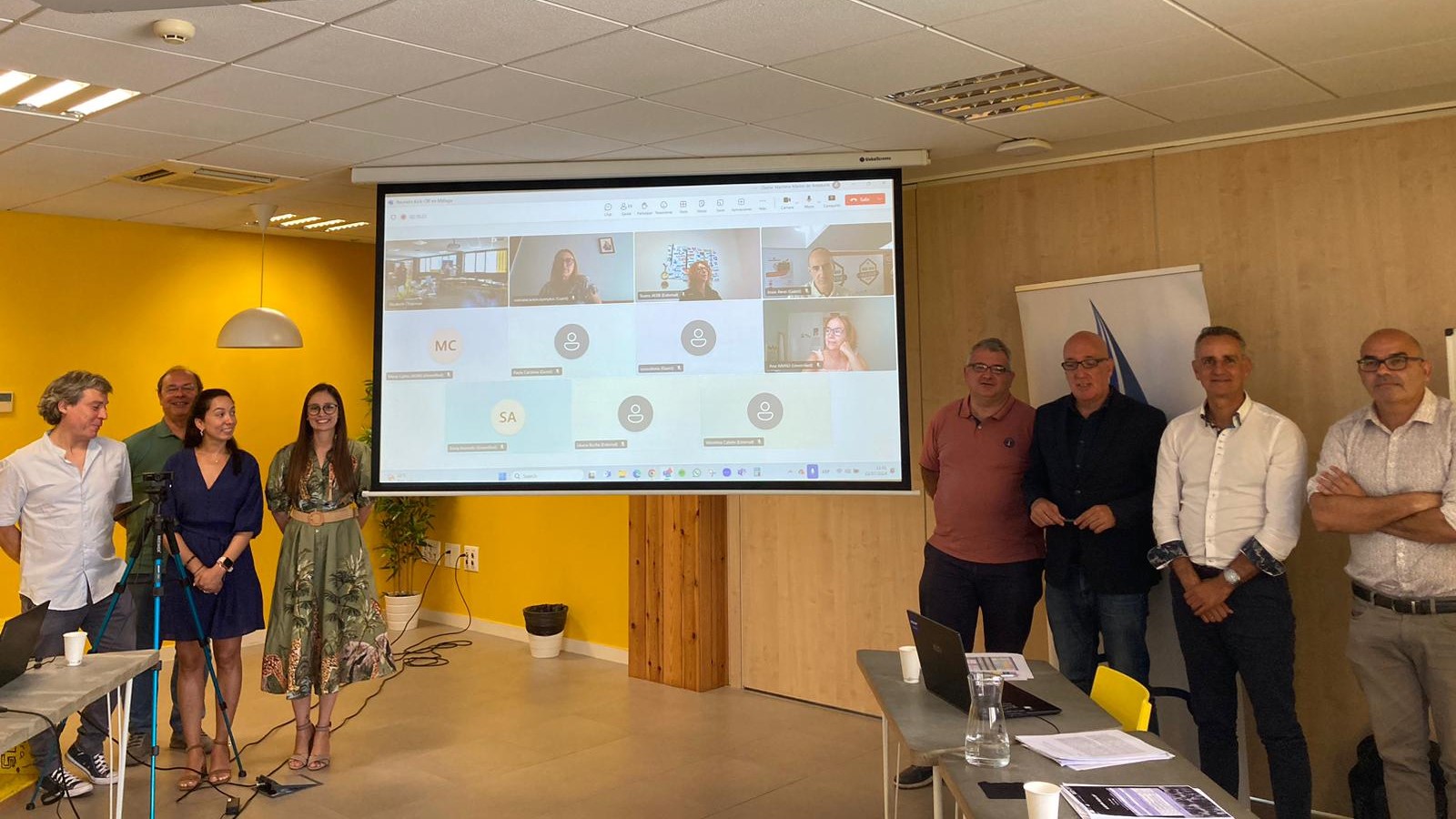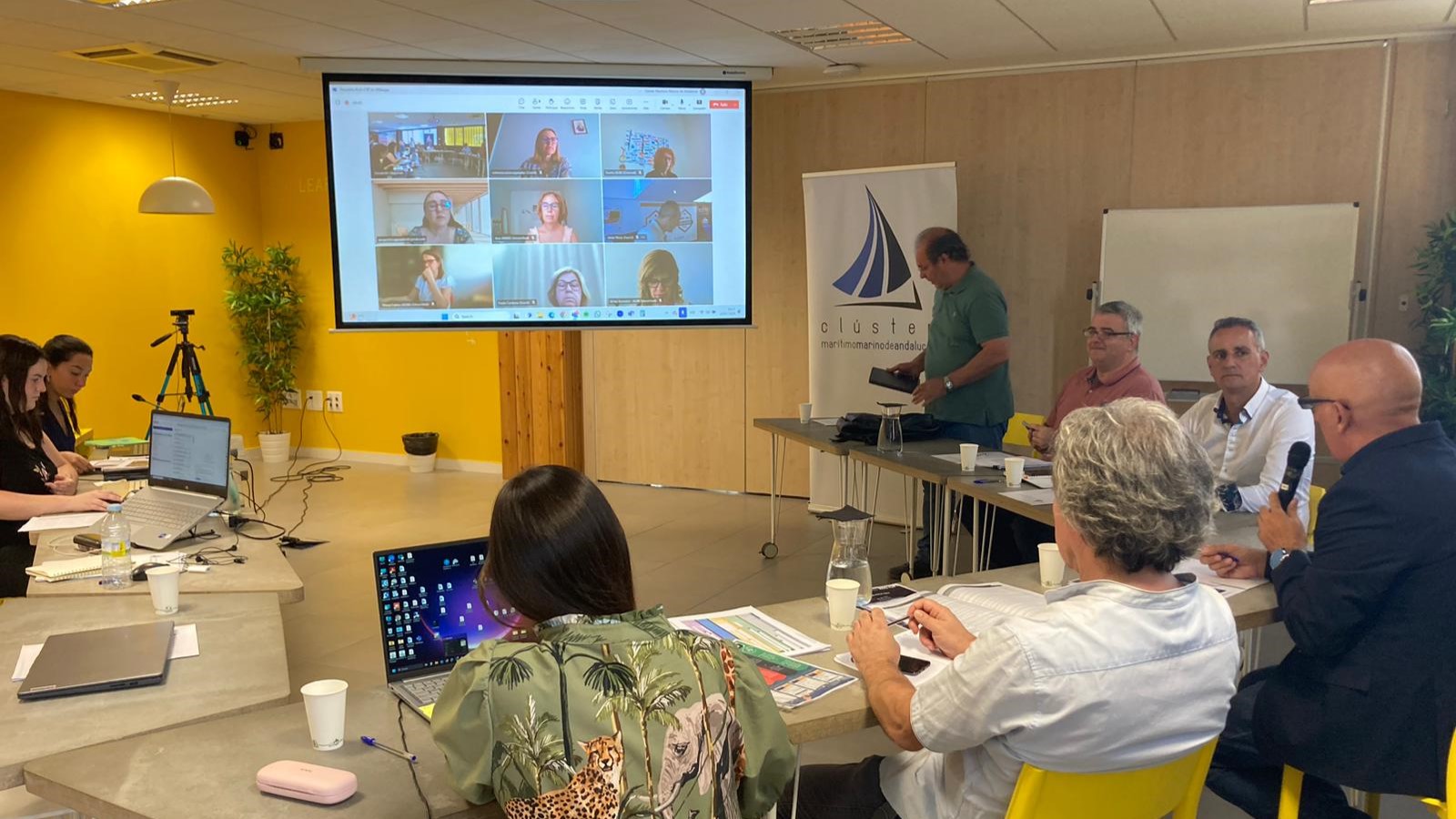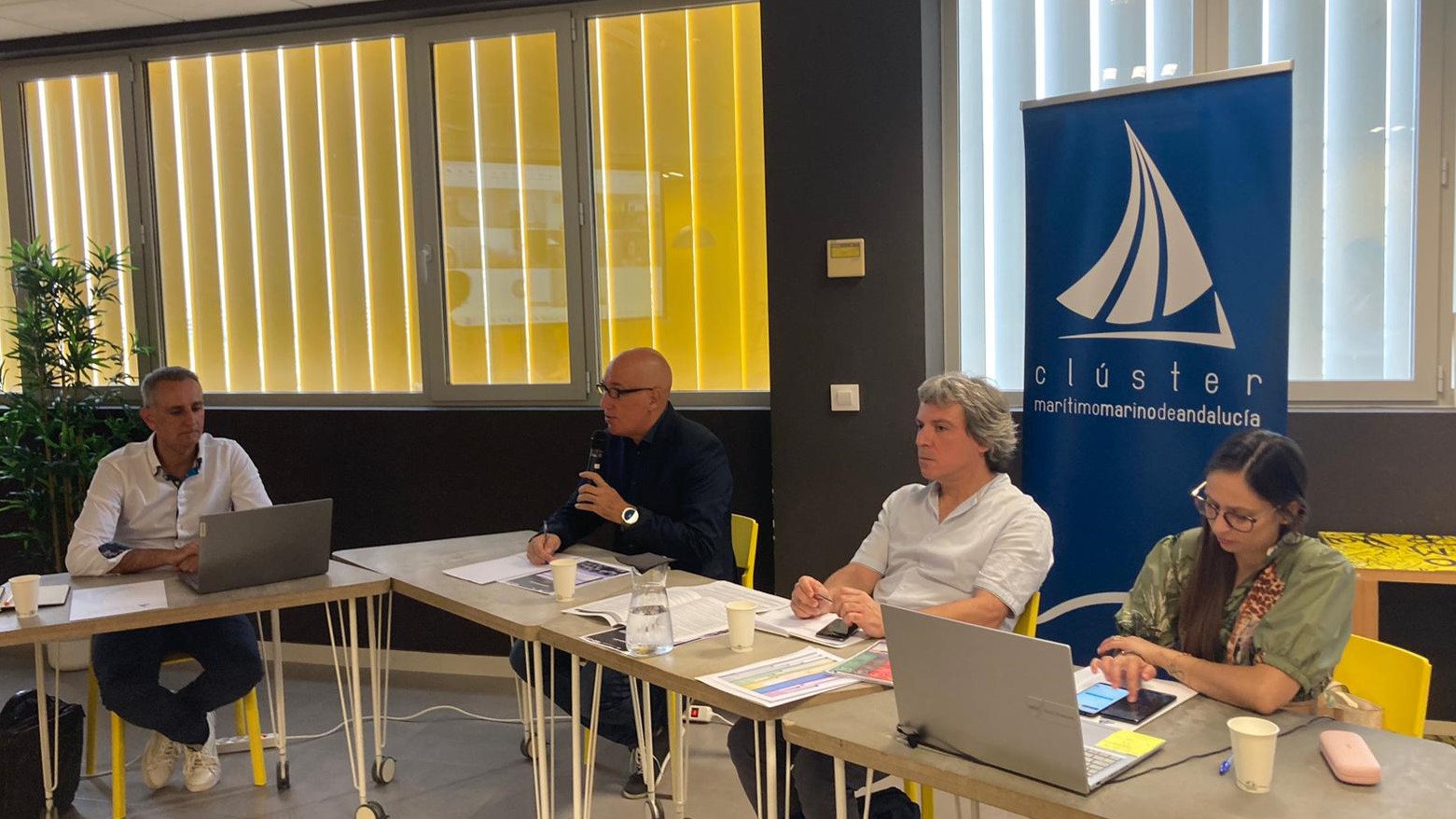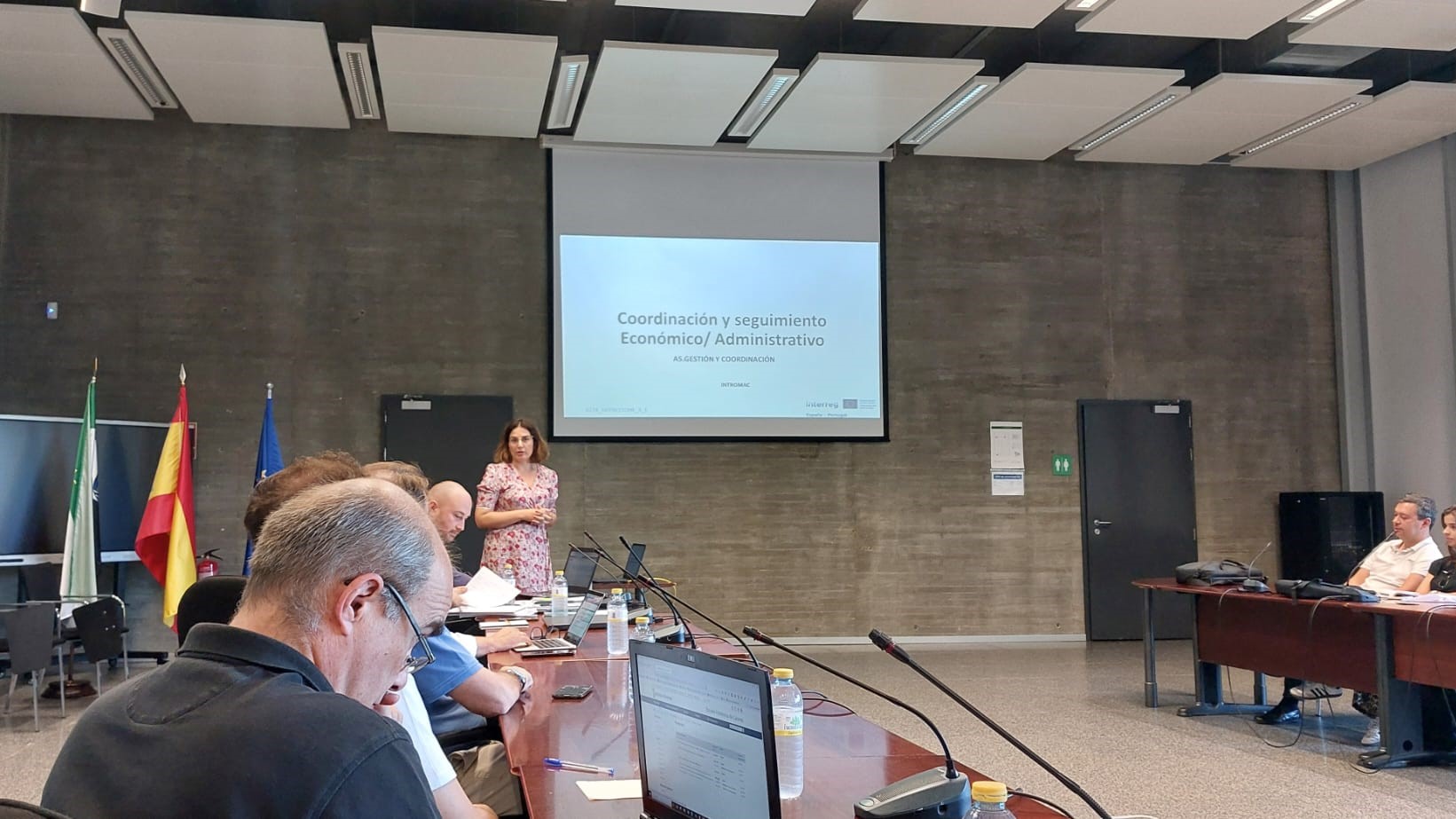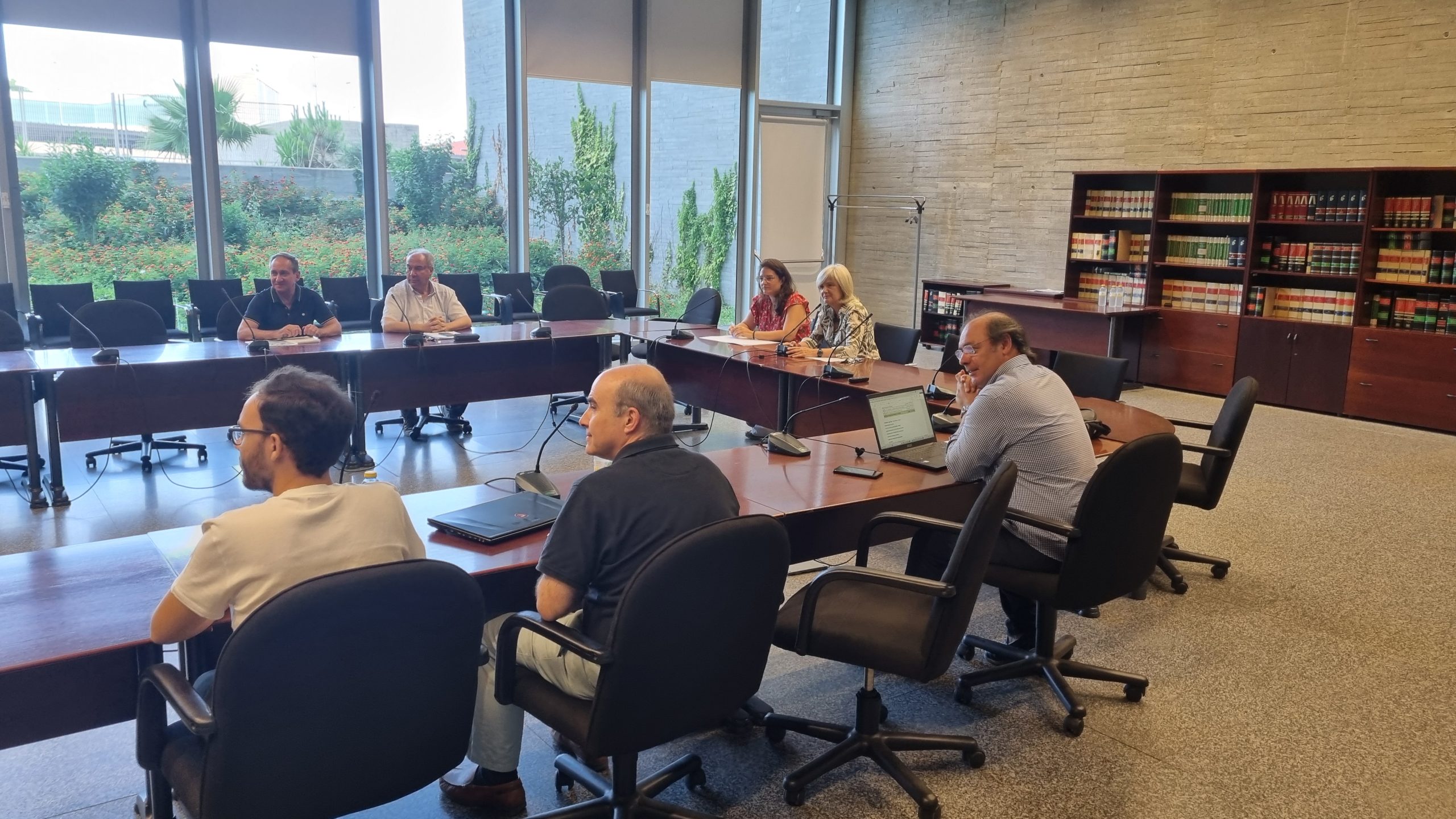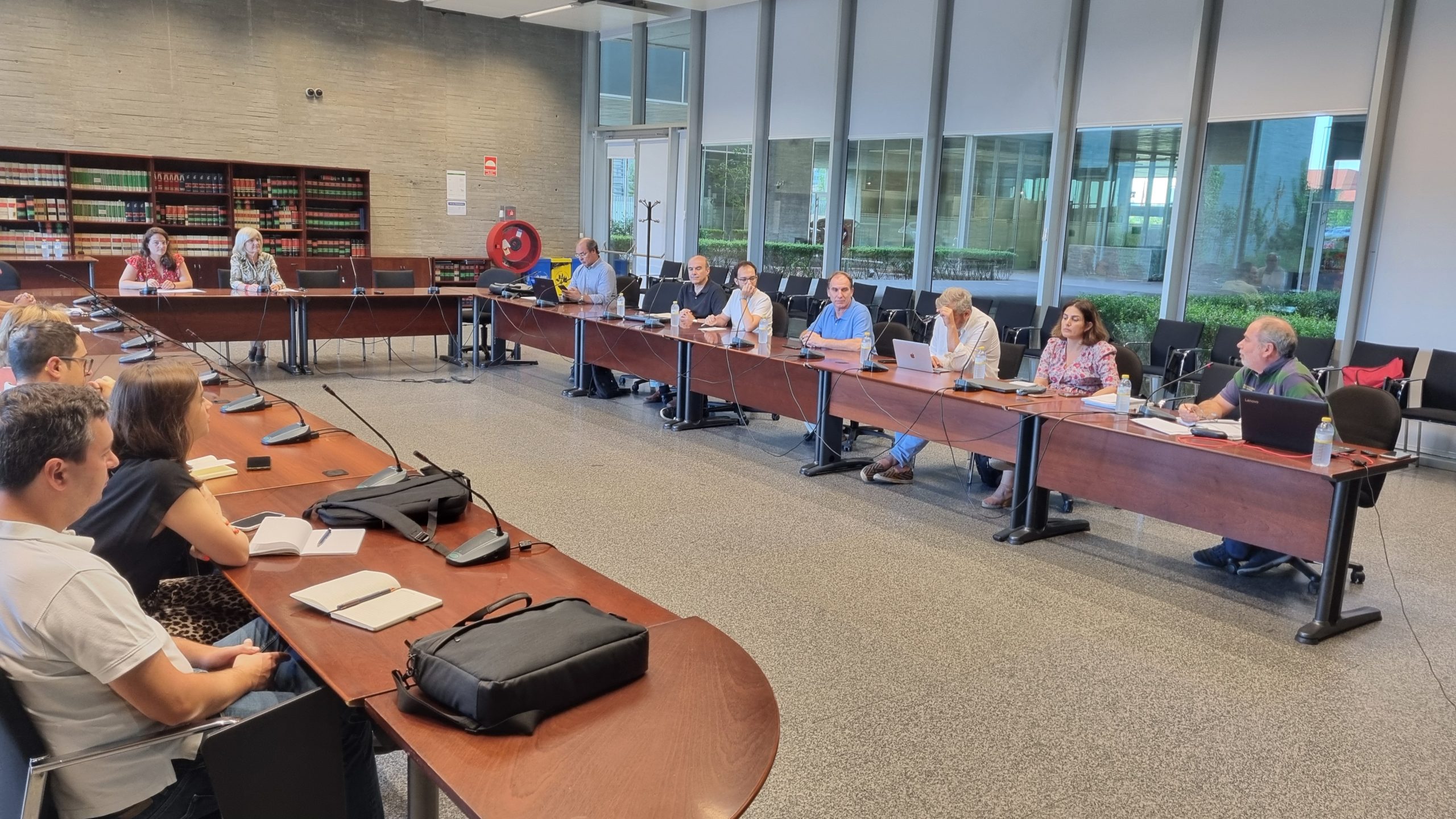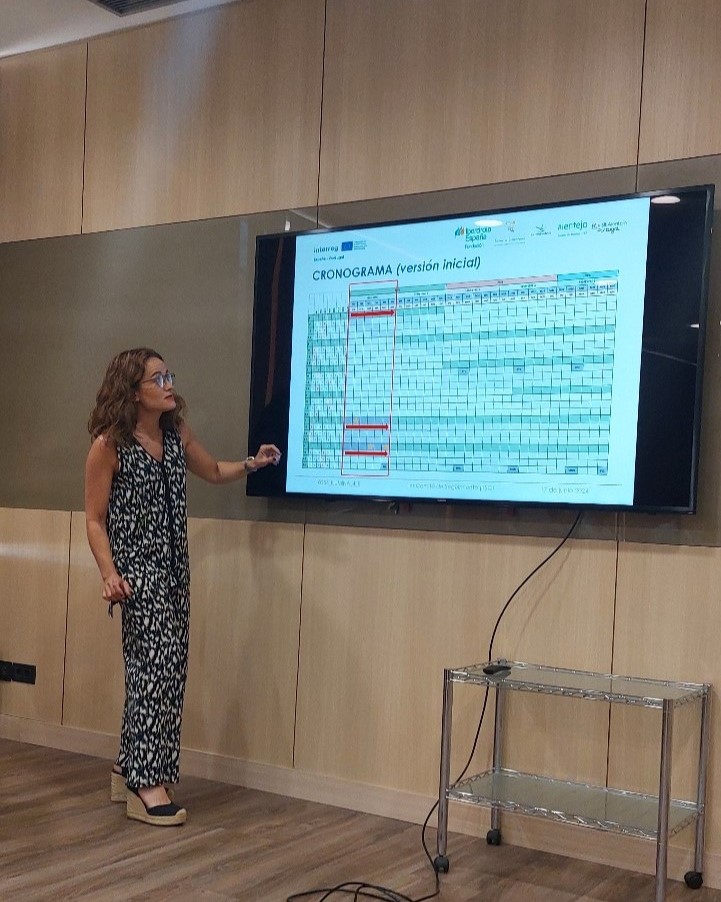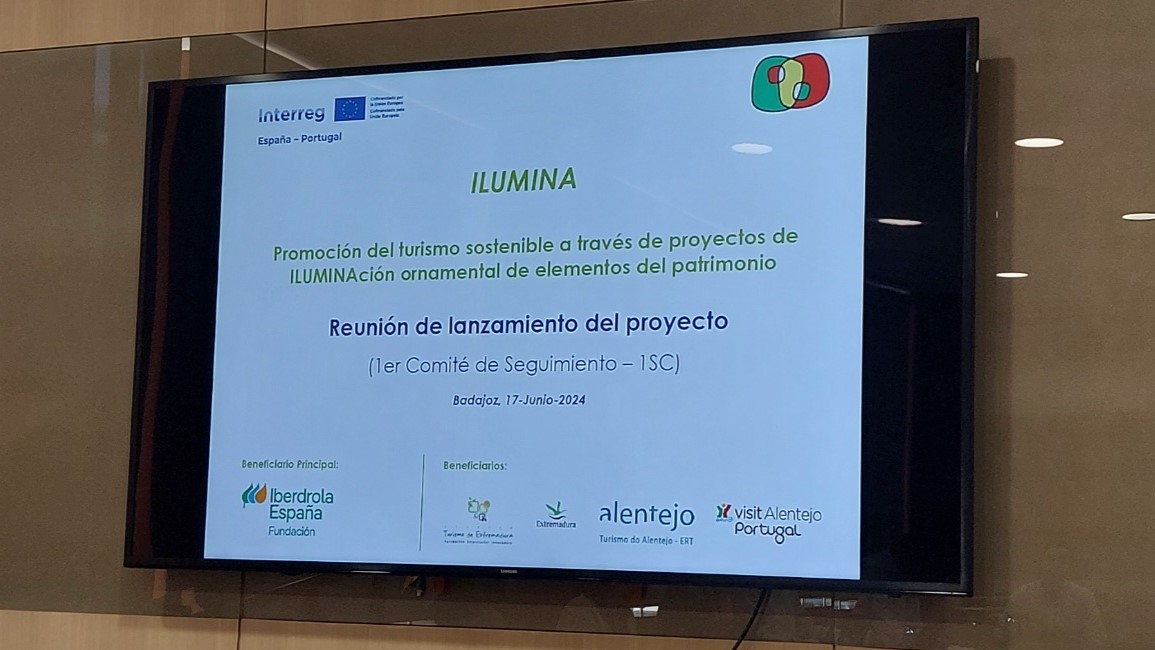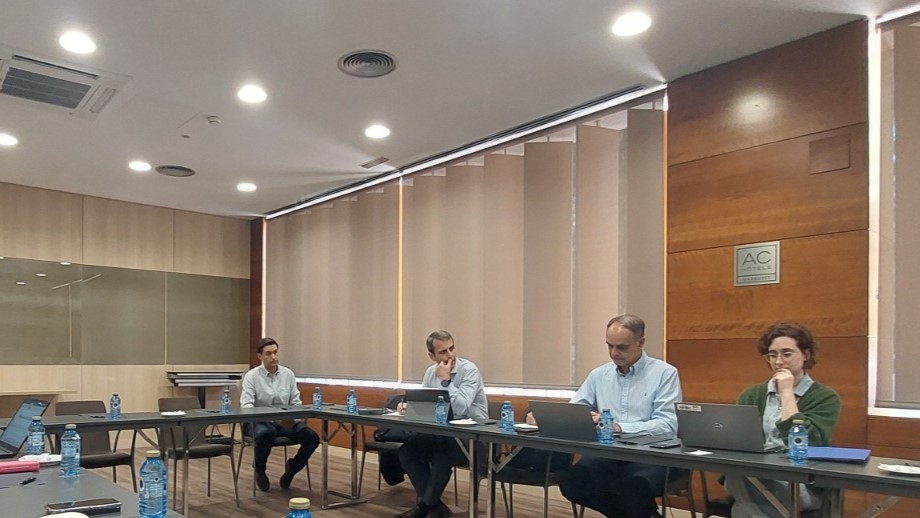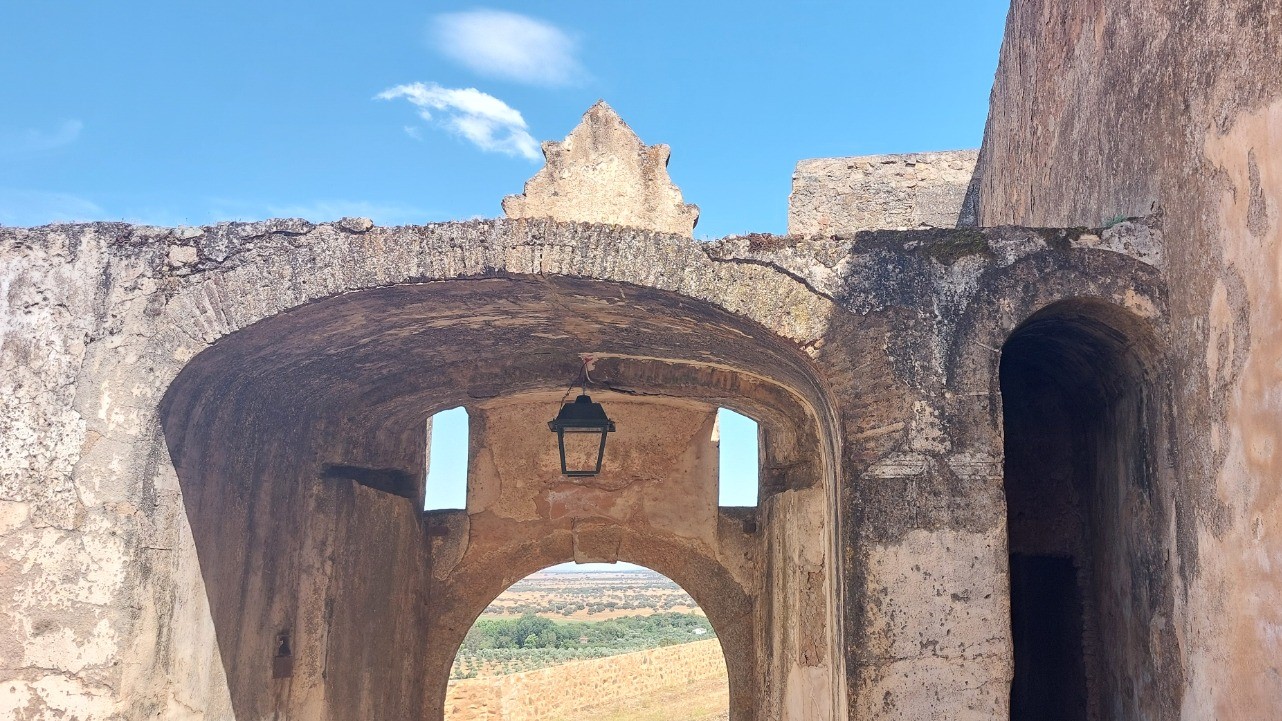Attend TIS 2024 with a 50% Discount
As a Supporting Partner of the Tourism Innovation Summit 2024 (TIS 2024), we are pleased to invite you to this global summit on innovation and technology in the travel and tourism sector, taking place in Seville from 23rd to 25th October 2024.

In an increasingly connected world, the tourism sector is undergoing a radical transformation thanks to the latest technologies. From travel planning to destination experiences, innovations such as mobile applications and augmented reality are reinventing every aspect of the industry. TIS 2024 positions itself as the epicentre of this revolutionary change.
Discover and Connect with the Latest Technological Trends
Join over 7,000 tourism professionals and explore the technological trends that are redefining the travel industry. TIS 2024 is the ideal platform to showcase your innovations, make valuable connections, and explore new business opportunities in a dynamic and collaborative environment.
Take Advantage of Our Exclusive 50% Discount!
As partners of TIS 2024, we offer you a unique opportunity: a 50% discount on GOLD and SILVER passes. When registering, benefit from this exclusive discount by applying the code US7H6.
How to Get the Discount?
To take advantage of this discount, simply visit the following link, where you will find all the information about pass types and the process to apply your discount:



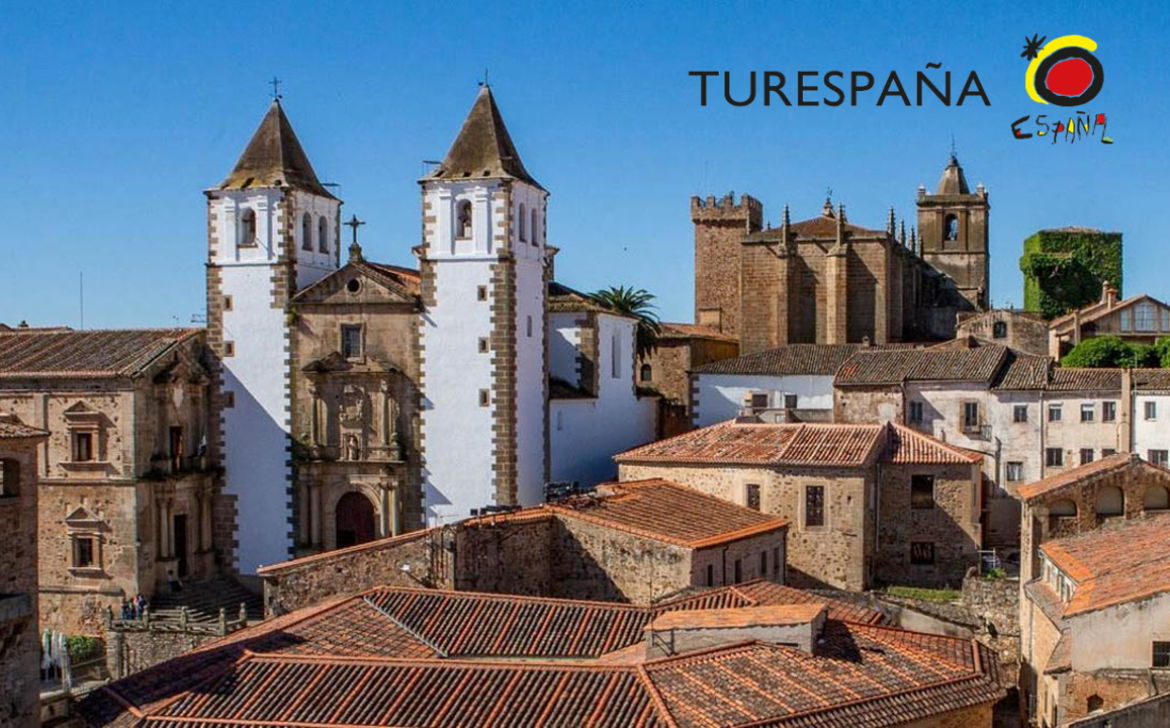
 The Extremadura Tourism Cluster is pleased to express our satisfaction with the selection of Cáceres as the host city for the 5th TURESPAÑA Convention in 2025. This event, presented by the Department of Culture, Tourism, Youth, and Sports of the Government of Extremadura, will not only benefit the city but also bring greater visibility to the entire region.
The Extremadura Tourism Cluster is pleased to express our satisfaction with the selection of Cáceres as the host city for the 5th TURESPAÑA Convention in 2025. This event, presented by the Department of Culture, Tourism, Youth, and Sports of the Government of Extremadura, will not only benefit the city but also bring greater visibility to the entire region.